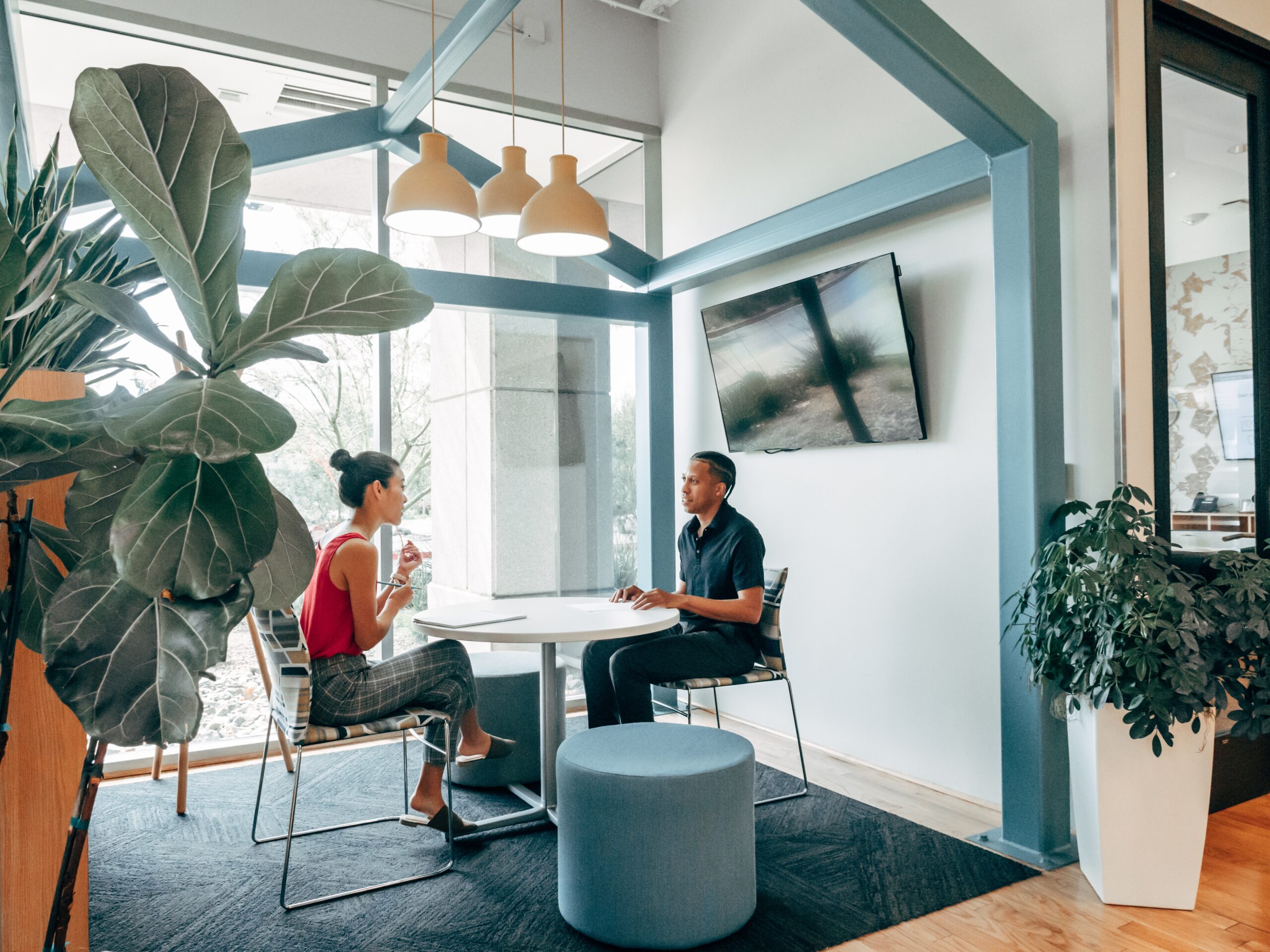![]() If you have ever considered purchasing, owning, or renting commercial property, it’s critical to understand the different types of commercial leases. Not all commercial leases are created equal, and being familiar with the pros and cons of varying lease structures could save your business money.
If you have ever considered purchasing, owning, or renting commercial property, it’s critical to understand the different types of commercial leases. Not all commercial leases are created equal, and being familiar with the pros and cons of varying lease structures could save your business money.
The three most common commercial lease types are gross leases, modified gross leases, and net leases.
Gross Leases
In a gross lease, the landlord collects one lump sum rent payment from the tenant, which includes taxes, insurance, utilities, and maintenance. Then, the owner is responsible for using a portion of the collected rent to pay their taxes, insurance, etc.
Rental amounts tend to be higher when using a gross lease as it includes all operating expenses and is the only payment the landlord receives.
Modified Gross Leases
A modified gross lease is similar to a gross lease, but the tenant pays a certain proportion of the operating expenses on top of the base rent.
Properties with multiple tenants, such as office buildings, often use modified gross leases. Overall, this type of lease offers a great middle ground between gross and net leases.
Net Leases
A net lease is where the tenant pays a base rent to the landlord and is also responsible for other costs associated with the building.
There are three general types of net leases that each require the tenant to take on different costs. The cost categories the tenant may be required to cover are taxes, insurance, and maintenance.
- Single-Net Lease: The tenant is responsible for one of the three cost categories mentioned above.
- Double-Net Lease: The tenant is responsible for two of the three cost categories mentioned above.
- Triple-Net Lease: The tenant is responsible for all three cost categories mentioned above.
In general, these leases are a great fit for owners who don’t want to be responsible for coordinating building maintenance or paying taxes, insurance, and utilities. They can tend to favor landlords but also give tenants the ability to review the landlord’s operating expenses.
Have Questions?
Please contact Steve Longenecker at WeBrokerCORealEstate or 720-600-9513 regarding any commercial real estate needs in Longmont, CO, and our![]() neighboring communities.
neighboring communities.
We give out $250 gift cards for referrals that become our real estate clients.
Like, Share & Follow us on LinkedIn and Facebook.
#longmontcommercialrealestate #commercialrealestatebroker #northerncoloradocommercialrealestate








 your calculations, but you want to be knowledgeable in rehab costs, projected rents, vacancy rates, and return on investment.
your calculations, but you want to be knowledgeable in rehab costs, projected rents, vacancy rates, and return on investment.